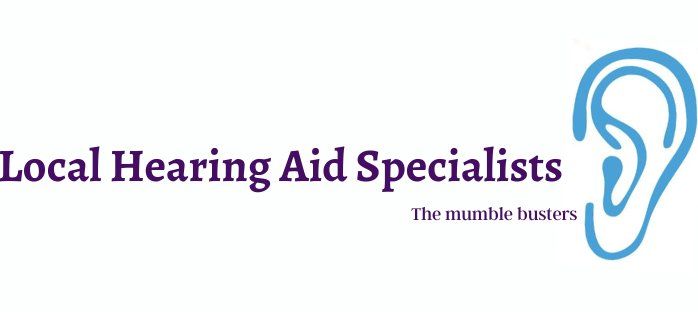What Causes Hearing Loss
What Causes Hearing Loss?
There are many causes of hearing loss and most types are not reversible but can be improved by working with an experienced Audiologist or Audiometrist.
Hearing loss is defined as one of three types:
- Conductive (Involves Outer or Middle Ear)
- Sensorineural (Involves Inner Ear)
- Mixed (Combination of the Two)
Causes of hearing loss include:
- Age Related (Presbycusis)
- Noise Exposure
- Build-up of Ear Wax
- Medications
- Ear Infection
- Abnormal Bone Growths or Tumours
- Ruptured Ear Drum
- Diseases and Illnesses
- Treatment for Some Cancers Such as Brain Cancer
- Heredity Disorders
- Genetic Disorders
- Pre-natal Exposure to Disease
Sources: Better Health Channel, Department of Health Victoria, Australia Mayo Clinic, United States of America
